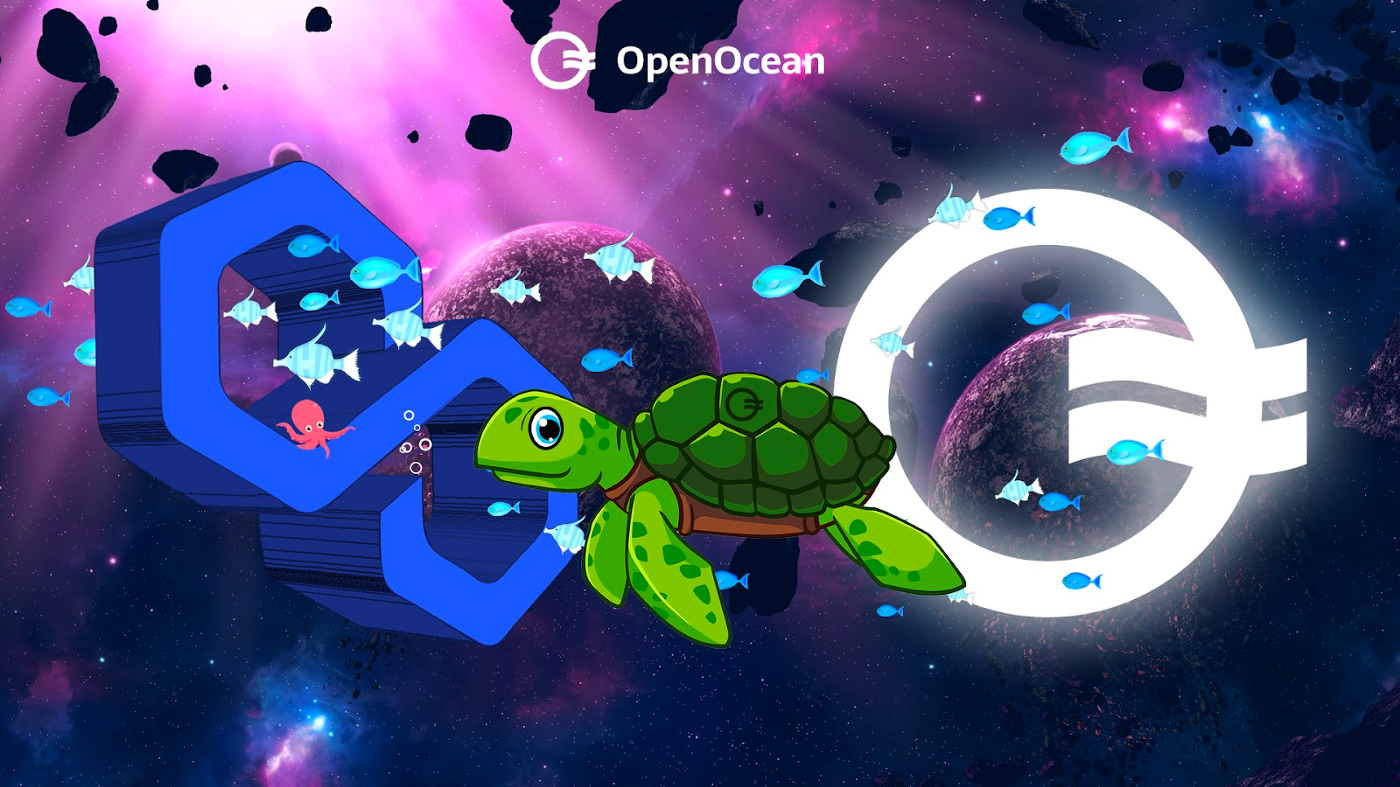
OpenOcean, the leading DeFi and CeFi full aggregation protocol, recently conducted a poll on its Twitter handle asking its community which network they would want to see aggregated next. The community overwhelmingly voted for Polygon Network. While 48.7% of the total votes cast went in favor of Polygon, Solana came second with a little above 32% of the votes. There are reasons why its users decisively voted for Polygon.
The Polygon USP
Polygon helps overcome the inherent drawbacks of Ethereum, especially the issues of slow speeds and high gas fees. In helping Ethereum become more efficient, Polygon ensures that its security features are not compromised. Developers can also leverage the Polygon network to build and connect blockchain networks compatible with Ethereum.
Polygon offers a robust base for scaling Ethereum and developing its infrastructure. Secured chains like Plasma, Optimistic Rollups, zkRollups, Validium, and Standalone Chains like Polygon POS have been built using the modular and flexible core of Polygon, its SDK.
More than 400 Dapps have adopted Polygon’s scaling solutions. It has more than 1.5 million unique users and has facilitated nearly 350 million transactions to date.
How Does Polygon’s Inclusion Help OpenOcean Users?
As an aggregator, OpenOcean sources liquidity and helps optimize trades on DeFi and CeFi. Apart from Ethereum, OpenOcean’s list of supported blockchains include Binance Smart Chain, Tron, Solana, Heco, Polkadot, Neo, Harmony, and more. And now, it includes Polygon in the list.
It helps make the fragmented DeFi and CeFi markets more efficient by helping traders locate the best price at zero additional fees and the lowest slippage. To achieve its objective, OpenOcean uses a deeply optimized intelligent routing algorithm. It also has API and arbitrage tools to help users do arbitrage transactions automatically.
With the inclusion of Polygon coming into effect, traders can now channel their transactions by sourcing liquidity from Polygon’s exchanges and trading assets through its platform at the best prices and lowest slippage.
OpenOcean has elaborate plans to encourage users to transact via Polygon. It will offer 100,000 native OOE tokens to users making transactions through Polygon in the next two weeks.
In the days to come, OpenOcean will also release cross-chain aggregations, enabling users to trade and transfer assets across diverse chains and pairs. These transfers would happen through bridges and cross-chain protocols. Matic Bridge V2 is one such cross-chain protocol.


















